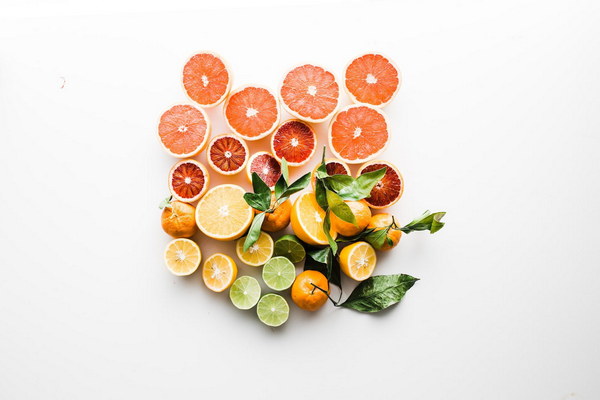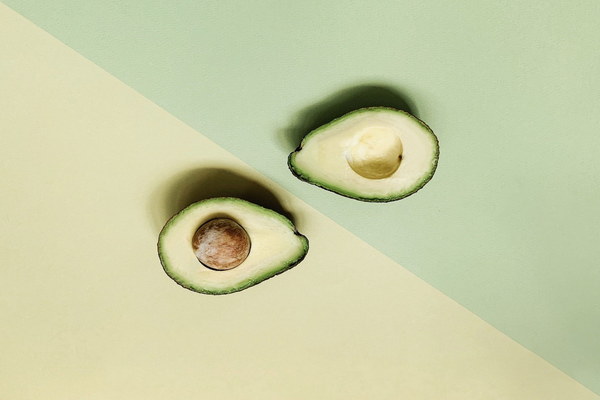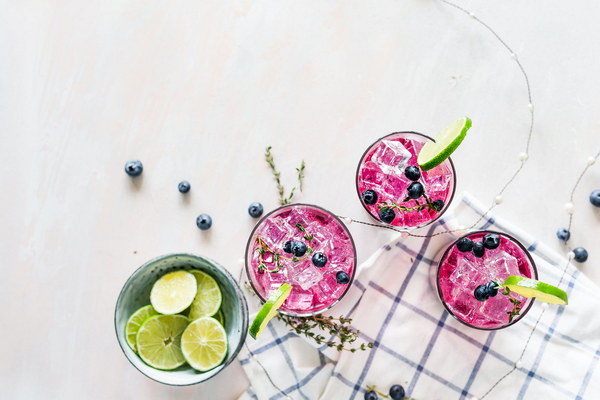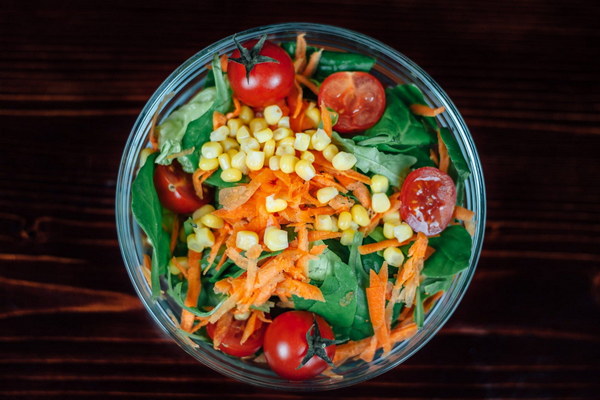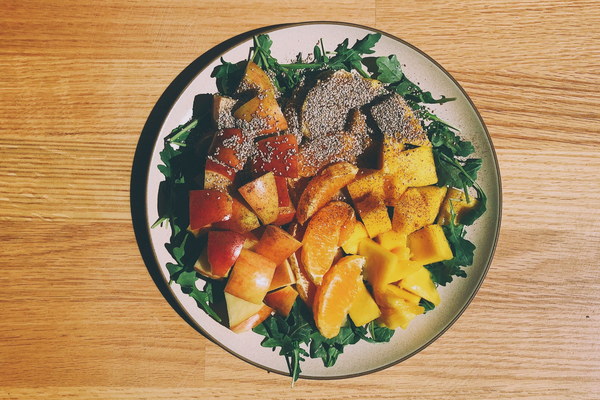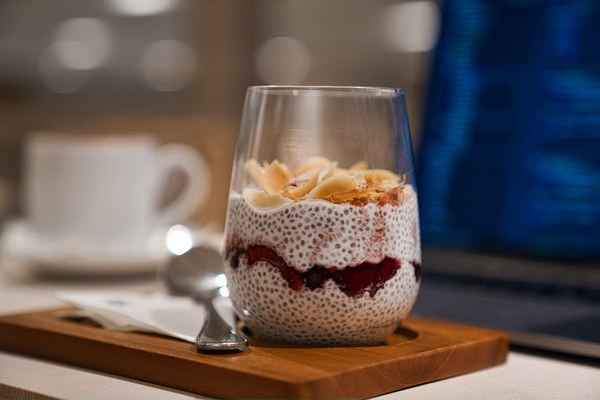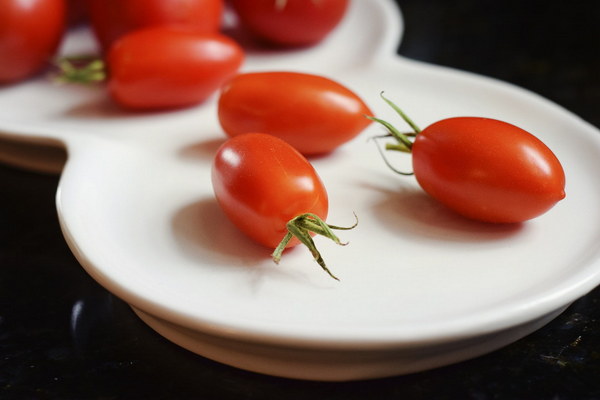Natural Remedies and Dietary Tips for Anal Protrusion A Comprehensive Guide
Introduction:
Anal protrusion, also known as rectal prolapse, is a condition where the rectal lining pushes through the anal opening. It can be caused by various factors such as constipation, straining during bowel movements, or weakened anal muscles. While medical treatments are available, dietary adjustments can also play a significant role in managing this condition. This article provides a comprehensive guide to natural remedies and dietary tips for anal protrusion, focusing on foods that can help alleviate symptoms and promote healing.
1. High-Fiber Foods:
A high-fiber diet is essential for preventing constipation and promoting bowel regularity, which is crucial for managing anal protrusion. Incorporate the following high-fiber foods into your diet:

- Whole grains: Brown rice, whole wheat bread, oatmeal, and quinoa
- Fruits: Apples, berries, bananas, and pears
- Vegetables: Broccoli, spinach, carrots, and sweet potatoes
- Legumes: Lentils, chickpeas, black beans, and kidney beans
2. Hydration:
Proper hydration is essential for maintaining regular bowel movements. Aim to drink at least 8 glasses of water daily. Avoid caffeine and alcohol, as they can dehydrate you.
3. Probiotics:
Consuming probiotics can help maintain a healthy gut flora and improve digestion. Include the following probiotic-rich foods in your diet:
- Yogurt: Choose plain, unsweetened yogurt with active cultures
- Kefir: A fermented milk drink containing probiotics
- Sauerkraut: Fermented cabbage rich in beneficial bacteria
- Kimchi: Fermented Korean vegetable dish
4. Smoothies and Juices:
Smoothies and juices can be a convenient way to increase your intake of fruits and vegetables. Blend a variety of fruits, vegetables, and yogurt to create a nutritious drink that can help manage anal protrusion.
5. Avoidance of Certain Foods:
Certain foods can exacerbate anal protrusion symptoms, so it is essential to avoid them. These include:
- Spicy foods: They can irritate the anal area and cause inflammation
- Excessive dairy: Some individuals may find that dairy products worsen their symptoms
- Alcohol: It can lead to dehydration and worsen constipation
- Refined carbohydrates: They can contribute to constipation and weight gain
6. Regular Meals:
Eating small, frequent meals throughout the day can help prevent constipation and straining during bowel movements. Aim to have three balanced meals and two to three healthy snacks per day.
7. Physical Activity:
Regular physical activity can improve digestion and prevent constipation. Engage in activities such as walking, cycling, or swimming to maintain a healthy weight and strengthen your abdominal muscles.
Conclusion:
While medical treatments may be necessary for some individuals with anal protrusion, dietary adjustments can significantly impact symptom management and promote healing. By incorporating high-fiber foods, staying hydrated, consuming probiotics, and avoiding certain foods, you can support your body's natural healing process and reduce the risk of recurrence. Always consult with a healthcare professional for personalized advice and treatment options for anal protrusion.
